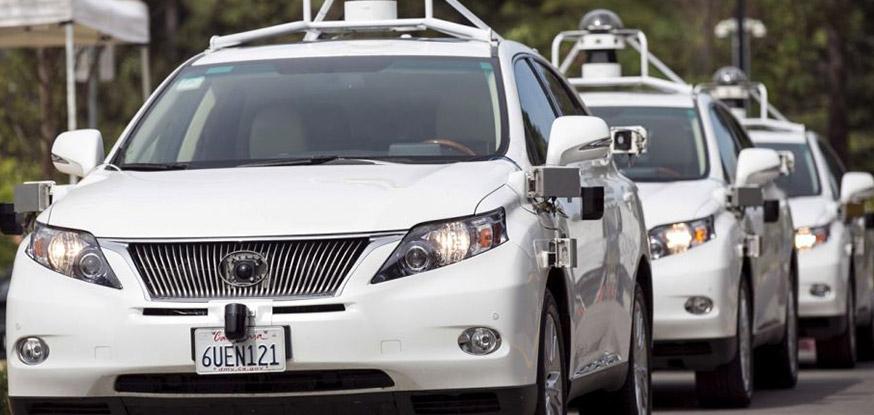A US House of Representatives panel has vetoed a proposal which will enable car manufacturers to deploy up to 100,000 self-driving vehicles without meeting existing auto safety standards and bar states from imposing driverless car rules.
Republican representative Robert Latta, who chairs the Energy and Commerce Committee indicated that he would consider changes before the full committee votes on the measure, which is expected to take place next week. However, it has been disclosed that the full US House of Representatives will not take up the bill until the house reconvenes in September.
The proposal would represent the first significant federal legislation aimed at accelerating self-driving technology and the deployment of self-driving cars to the market. The tabled proposal would require car manufacturers to submit safety assessment report to US regulators, but crucially it would not require pre-market approval of advanced vehicle technologies.
The topic of self-driving cars and autonomy is under the microscope again due to the rise in US road deaths since 2015. The number of death has risen by 7.7%, which represented the highest annual jump since 1966. Government figures released last week show that the number of fatalities caused by road traffic accidents has climbed by 8% in the first nine months of 2016.
Those promoting the emergence and deployment of self-driving cars insist autonomy will make our roads safer and reduce the number of deaths on our roads. Current federal motor vehicle safety rules prevent the sale of self-driving cars with human controls.
Some of America's leading car players including Tesla, General Motors and Alphabet have been lobbying Congress to pre-empt rules that are under consideration in California - and other states that could limit self-driving vehicle deployment. This legislation under consideration would allow states to still set rules on registration, licensing, liability, insurance and safety inspections, but would prevent them from setting self-driving car performance standards.
California politician Freddie Rodriguez queried as to Washington would not want the US to look at safety standards, and insisted that the responsibility in relation to safety standards should be up to every state. Michigan Democratic representative Debbie Dingell stated that the bill creates a strong and regulatory framework that is ultimately aiming to avoid a 'patchwork of different rules in different states'.
Trade group, Alliance of Automobile Manufacturers has expressed its delight that the legislation is moving forward, but conceded that it expects to see alterations made to the legislation before it is passed in the US House of Representatives. Consumers Union, which is a public advocacy group said the bill needs to be revised in order to ensure automakers demonstrate automated vehicles safety and don't put consumers at greater risk in a crash.

